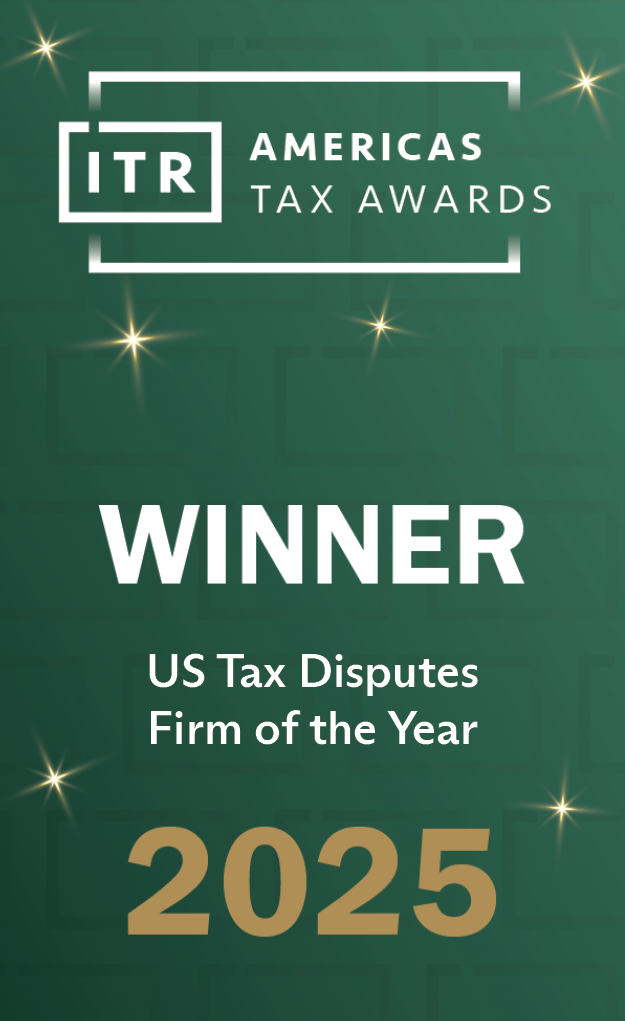In a surprising development, the Internal Revenue Service (IRS) has announced that if a taxpayer’s 2017 payments, including estimated tax payments, exceed its 2017 net income tax liability described under Internal Revenue Code (Code) Section 965(h)(6)(A)(ii) (its net income tax determined without regard to Code Section 965) and the first annual installment (due in 2018) pursuant to an election under Code Section 965(h), the taxpayer may not receive a refund or credit of any portion of properly applied 2017 tax payments unless—and until—the amount of payments exceeds the entire unpaid 2017 income tax liability, including all amounts to be paid in installments under Code Section 965(h) in subsequent years. Thus, for taxpayers making an election under Code Section 965(h) to pay the transition tax over 8 years through installment payments, any overpayments of 2017 tax liabilities cannot be used as credits for 2018 estimated tax payments or refunded, unless and until the overpayment amount exceeds the full 8 years of installment payments.
The IRS’s position, announced on April 13, 2018 (the last business day before the normal due date for the filing of 2018 individual income tax returns), effectively allows the IRS to deprive taxpayers of the use of funds and credits for overpayments for a potentially multi-year period. This position is at odds with the normal practice of allowing refunds or credits of overpayments and arguably violates Code Section 7803(a), which provides for certain taxpayer rights. This position also would seem to be in conflict with Code Section 965(h) itself, allowing the Code Section 965 transition tax liability to be paid in eight backloaded installments rather than immediately. The AICPA sent a letter to the IRS on April 19, 2018, urging the IRS to change its position to avoid the “detrimental impact on all affected taxpayers, including individuals, small businesses and large corporations.” We are hopeful that the IRS will reconsider this misguided policy, but in the meantime, taxpayers need to be aware of it. Please contact one of McDermott’s lawyers if you think you might be affected by the IRS’s position on this subject.







